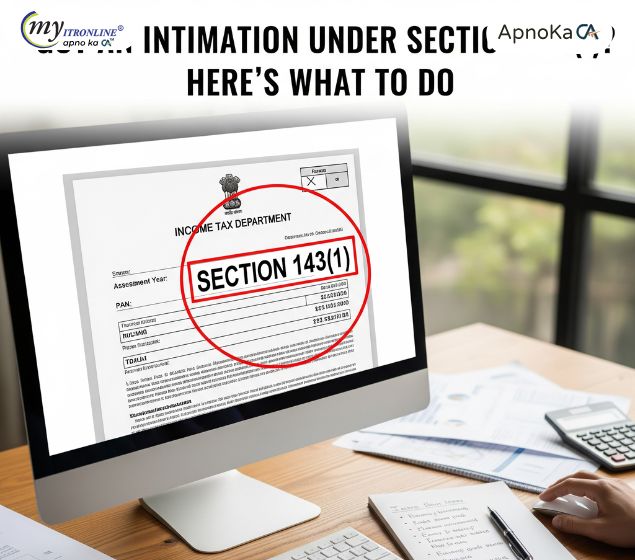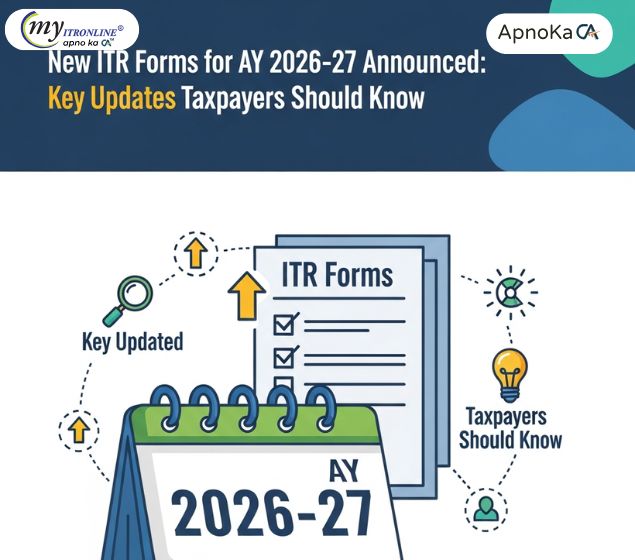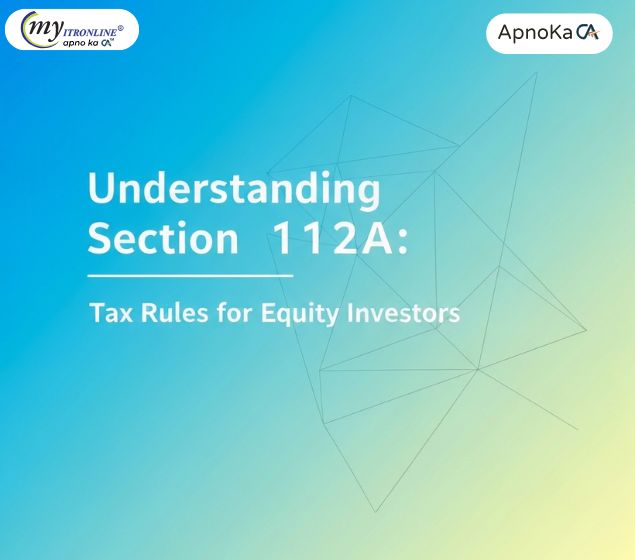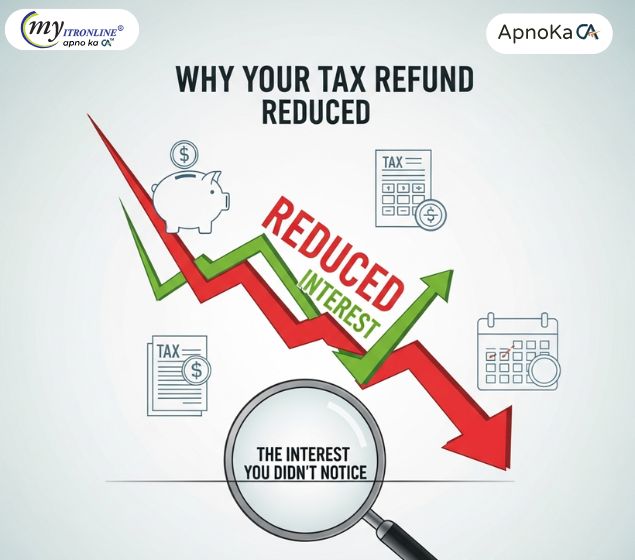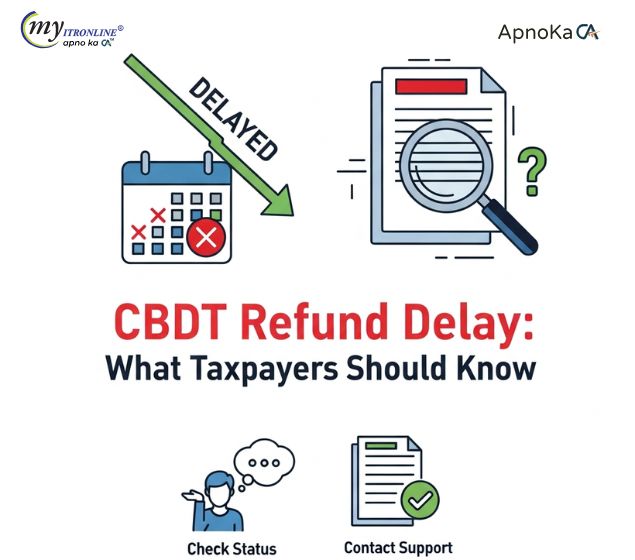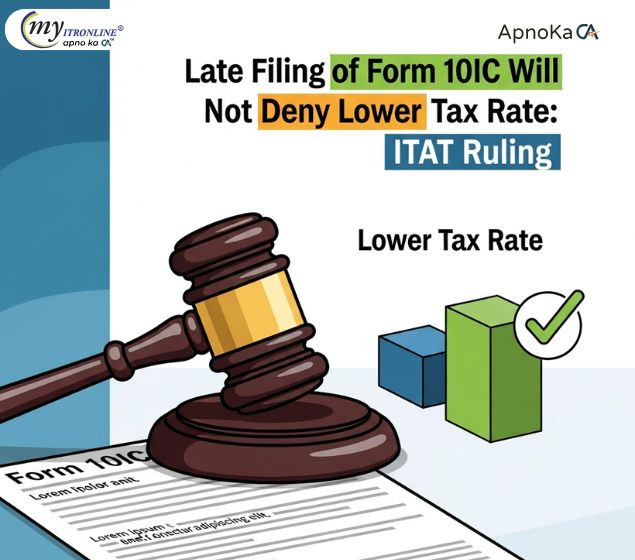Section 194F: A Quick Guide to Tax Implications for Mutual Fund Investors in India
An extensive summary of Section 194F of the Income Tax Act in India can be found in this blog post. It describes the main points, the methodology used to compute TDS for various forms of income, and how it affects investments in mutual funds. The blog also covers investor tax preparation techniques and exemptions.
.png )
The Income Tax Act's Section 194F and Its Effect on Indian Mutual Fund Investments
Overview
Section 194F of the Income Tax Act (IT Act) is a significant law that governs how income from mutual fund investments is taxed in India. It mandates that a tax deduction at source (TDS) be applied to specific types of income obtained from mutual fund units. This is a crucial section for investors to understand in order to calculate their tax obligations and modify their investment strategy accordingly.
Key Provisions Regarding Section 194F TDS Applicability
Except for non-resident Indians, Section 194F applies to any individual who obtains income from the redemption of mutual fund units, the maturity or closure of a mutual fund scheme, or both.
TDS Rate:
- Long-Term Capital Gains (LTCG): LTCG is taxed at a concessional rate of 20% with indexation benefits if the units are held for more than 36 months. A deduction of 10% TDS is made in this case.
- Short-Term Capital Gains (STCG): If the units are held for less than 36 months, STCG is taxed based on the investor's income tax slab. TDS is computed using the appropriate slab rate.
- Dividend Income: Dividend income from mutual funds is frequently tax-free for individual investors. In the event that the fund house is a non-resident, 15% TDS is withheld.
TDS Deductor:
The mutual fund provider is responsible for taking TDS out of investors' profits.
TDS Certificate:
To be qualified for a tax credit against the TDS that was withheld, the investor needs to get a TDS certificate from the mutual fund company.
Impact on the Mutual Fund Investment Process
Diminished Net Returns: TDS reduces the net returns received from mutual fund investments. The TDS amount is a factor that investors must consider when assessing the overall return on their holdings.
Tax Planning: By structuring their investments, investors can lower the likelihood of TDS. For instance, holding mutual fund units for more than three years can help reduce the TDS rate for long-term capital gains.
Tax Credit Claims: Investors might choose to deduct a tax credit instead of TDS when filing their income tax returns. This reduces their overall tax liability.
It is the responsibility of mutual fund houses to adhere to the rules regarding the deduction and remittance of TDS. As a result, their running costs can increase.
TDS Exemptions
Indians living abroad (NRIs): Generally speaking, mutual fund income does not require NRIs to pay TDS.
In Summary
Section 194F has a significant impact on how investments made in mutual funds are taxed in India. Investors need to be aware of these rules in order to accurately estimate their tax payments and make sensible investment decisions. By understanding the implications of TDS and creating suitable investment plans, investors can maximize their profits and minimize their tax liability.
FILING YOUR INCOME TAX RETURN F.Y 2024-25 (A.Y. 2025-2026) WITH MYITRONLINE
The income tax filing deadline is right around the corner. If you haven’t filed yet, do it today with Myitronline! Avoid last minute rush and file your tax return today on MYITRONLINE in Just 5 mins.(www.myitronline.com)
If you are looking for eCA assistance to file your income tax return/ GST, you can opt for MYITRONLINE eCA assisted plan starting
Upload Salary Individual Form-16
If you have any questions with filing your tax return, please reply to this mail. info@myitronline.com OR call 9971055886,8130309886.
Note-All the aforementioned information in the article is taken from authentic resources and has been published after moderation. Any change in the information other than fact must be believed as a human error. For queries mail us at marketing@myitronline.com
Krishna Gopal Varshney
An editor at apnokacaKrishna Gopal Varshney, Founder & CEO of Myitronline Global Services Private Limited at Delhi. A dedicated and tireless Expert Service Provider for the clients seeking tax filing assistance and all other essential requirements associated with Business/Professional establishment. Connect to us and let us give the Best Support to make you a Success. Visit our website for latest Business News and IT Updates.
Leave a reply
Your email address will not be published. Required fields are marked *Share this article
Krishna Gopal Varshney, Founder & CEO of Myitronline Global Services Private Limited at Delhi. A dedicated and tireless Expert Service Provider for the clients seeking tax filing assistance and all other essential requirements associated with Business/Professional establishment. Connect to us and let us give the Best Support to make you a Success. Visit our website for latest Business News and IT Updates.
View articles













